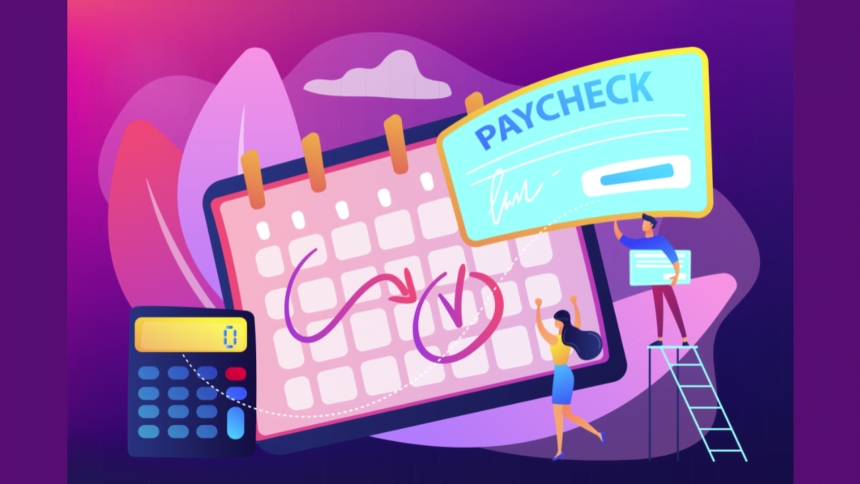Running a small business can be very difficult, especially if you’re on your own and not surrounded by others who can help you with the hard work. However, if you have access to software that can handle your HR and payroll needs, you’ll find that everything becomes much easier.
Technology in this field is getting better every day, and even the most basic HR and payroll software will give you many benefits to help your small business run more smoothly than ever before.
Human Resources software makes it easier to hire
If you’re a small business, one of your top priorities is no doubt hiring good people.
An HR software system or an integrated solution for human capital management is extremely valuable in helping you screen candidates, complete background checks, review resumes and other applicant data, and otherwise build up a database of qualified prospects—without spending thousands on recruiting.
When combined with automated applicant tracking systems (ATS), there’s more power in Human Resources Information Systems (HRIS) than you might imagine.
Small business owners who want to maintain their edge in today’s highly competitive job market should look at new ways of doing things through their recruitment process
Great employee benefits make your company more attractive
It may sound counterintuitive, but employee benefits can be an attractive draw for prospective employees. After all, what better way is there to feel at home at a job than with benefits that suit your needs?
Think about it: does being able to bring your pup into work fit your style? You’re likely not alone. While some perks might not make sense for everyone—like free gym memberships—finding a company culture that fits you is priceless, especially if you’ve been searching for awhile.
A good health insurance policy gives you peace of mind (and keeps premiums from breaking your budget). It’s also proof that your employer values you as an employee; in fact, healthcare coverage is mandated by law in many states.
Automated payroll can save you time
Payroll is one of those tedious administrative tasks that so many business owners spend hours doing each week. As a small business owner, you can’t afford to waste time on payroll—you have better ways to spend your day.
An automated payroll service gives you all sorts of benefits. For example, you won’t have to worry about filing taxes or keeping track of IRS payments and instead can use your time more efficiently.
Automated payroll software also provides a higher level of accuracy than most manual processes, which is especially important if you have employees in multiple locations who are entering their own timesheets.
Plus, there’s less chance for error when you’re using payroll software. No matter what kind of business you run, it’s smart to outsource payroll work. The bottom line: Even if you don’t want to pay someone else to handle payroll entirely for your company, an automated payroll system makes sense as a way to save time and improve efficiency at every step along the way.
Streamlined HR management allows you to focus on growth
If you’re a small business owner, chances are you have limited time and resources. You want to do everything possible to grow your business—and if it means cutting out unnecessary costs or streamlining your hiring process, then so be it.
The best way to streamline an area of your company is by using technology that’s specifically designed for small businesses.
For example, if you run a restaurant, there’s no reason for you or your employees spend hours manually inputting new hire information into an HRIS; such tasks can be automated using technology that allows them to seamlessly integrate with point-of-sale systems. Or if you own a consulting firm, managing employee compensation shouldn’t take up all of your time; use software that can automate calculations and send employee W2 forms in seconds instead of days.
Technology like these is especially important for small businesses because they allow owners to focus on what matters most: growing their companies.
Finally, once you find an HRIS solution or payroll system that works well for your company.
You should also expect things like annual fees (after trial periods end), regular updates and upgrades (that actually improve functionality), training sessions and self-service help tools from any provider who wants your business on a long-term basis.
Checklist for choosing the right system
1. How many employees will you have? (You can get away with a simple spreadsheet for just a few workers.)
2. Do you want full integration with your other applications, such as customer relationship management or accounting?
3. What are your long-term goals? Will you outgrow what you buy in 18 months or two years? Will your needs change? A system that works for today may not work for tomorrow, so it’s important to look at options that offer future flexibility—especially if you’re planning on growing or running a large company someday.
4. Check references from current customers who use similar systems; ask about their satisfaction level and whether they find it difficult to use, maintain, or upgrade over time.

